A COVID-19 Social Story from NFXF (original) (raw)
What is COVID-19 and What Does It Mean to Me?
The NFXF has updated their social story to reflect the changing requirements that governments are enacting.
What is COVID-19?
It is a new illness spreading around the world.
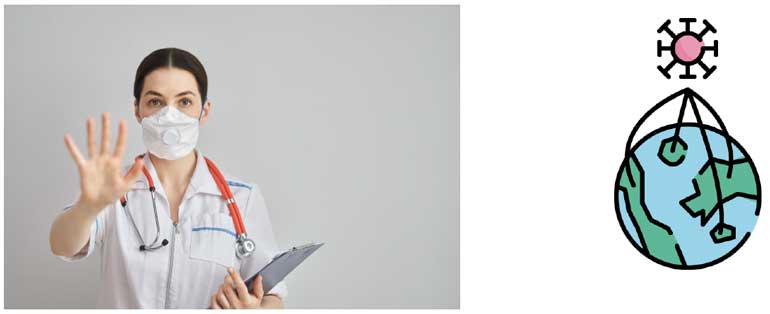
It is a virus that can get into your body.
A virus is a germ that can make you feel sick.
It is also called coronavirus.
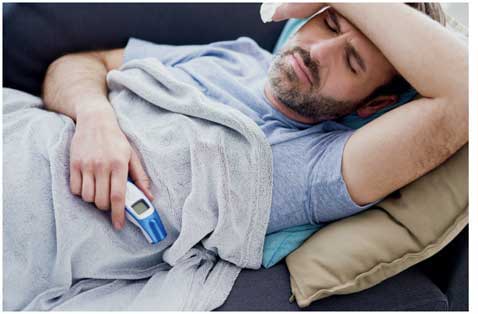
How does someone get it?
When someone has COVID-19 and they cough or sneeze, their germs get in the air, and you can breathe it.
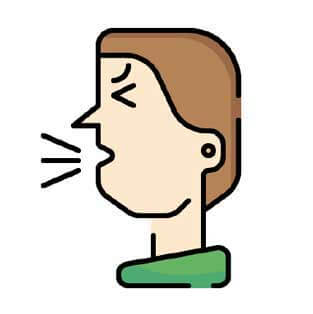
Or it can get on your hands and when you touch your face, it gets in your mouth, nose and your eyes.

How can I keep from getting it?
Wash your hands after going to the bathroom or being outside.
Wash for 20 seconds, sing the ABC song.
Use hand sanitizer.
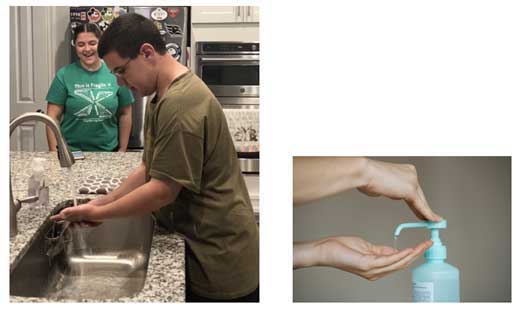
If you cough or sneeze, use a tissue and then throw it away.
You can also cough and sneeze into your elbow
You can wear a mask.
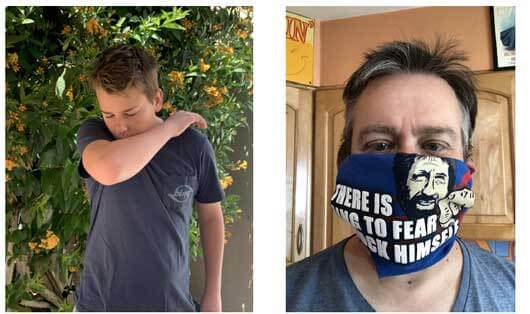
What else can I do to stay healthy?
Go outside and get exercise, but you should not be with your friends right now.
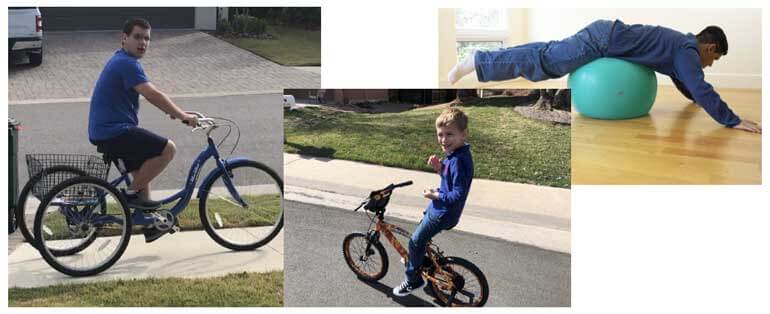
What else can I do?
Eat healthy foods, get plenty of sleep.
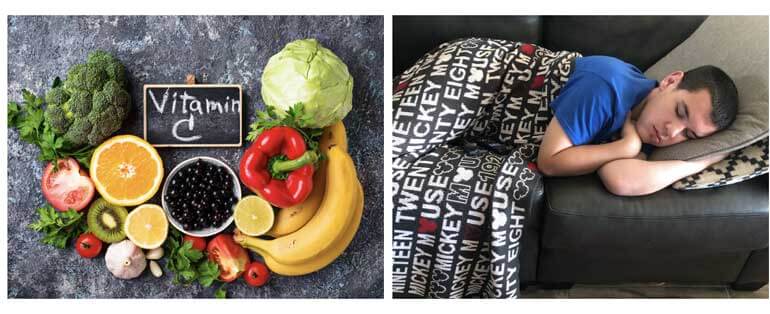
Take regular showers or baths to keep your whole body clean.

You can watch some television, but do not watch too much news.
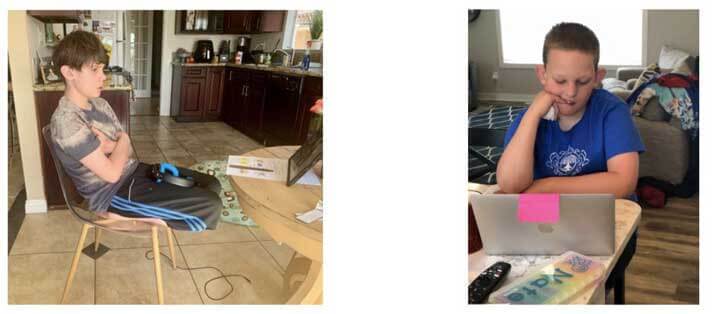
Help your parents around the house.
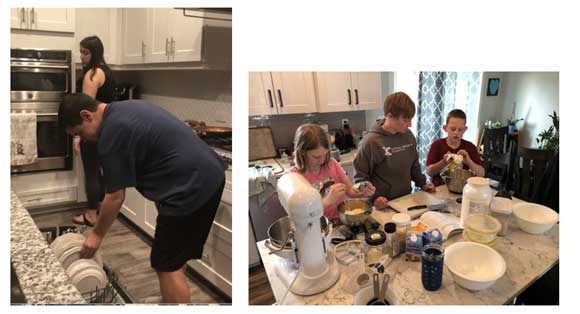
If I go outside, can I say hi to people who are not in my family?
Stay at least 6 feet from people — Stay across the street from people.
No hugs, no high fives, no knuckles, no touching.
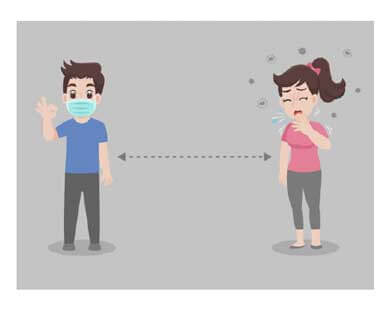
How can I say “hi” to people?
You can wave to people, shake your head, do pretend high fives.

Where can I go?
Stay home as much as you can. You should not go anywhere.
You can play or hang out in your yard.
You can go for walks with your family but stay away from people.
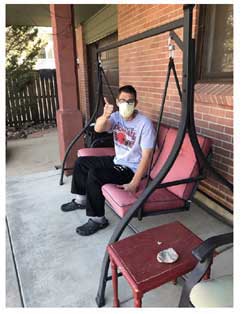
How will we get food?
Your parents can go to the store.
They can order it and pick it up.
They can go through drive-thru.
They may have it delivered.

How will I know if I get COVID-19?
You will start not feeling well.
You might get a fever or have a cough.
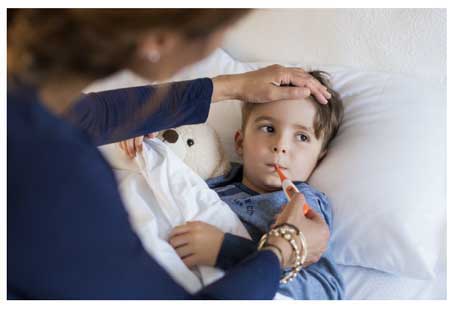
When should I call the doctor?
A fever of 100.4º or higher.
Coughing.
Hard time breathing.
Your parent will call the doctor before you go to their office.
Do what your doctor says.

How do they treat the condition?
Drink plenty of water and get plenty of rest.
Right now, you can use over-the-counter medicines.
There is not currently a specific treatment or vaccine.

What do I do if they cancel my school or my day program or my work?
Your parents or providers will set up a new schedule and routine for you.
They will work with your teachers and providers to help with this.
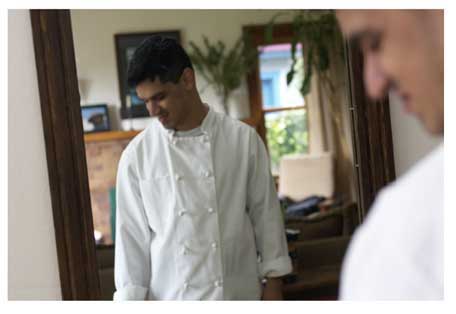
How can I stay in touch with friends and other family?
It is important that you do stay in touch with other people!
Phone, text, Facetime, Facebook, email.
Send a letter or a postcard.
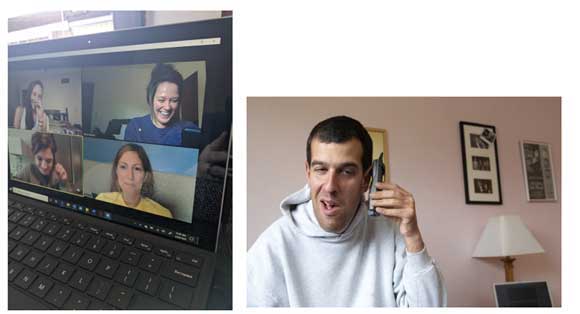
What can I do to make other people happy?
Put a drawing in your window. You can do an X or a rainbow or a heart!
Sit on your front porch and say “hi” to people who walk by.
When your mail carrier comes, say “Thank you!”
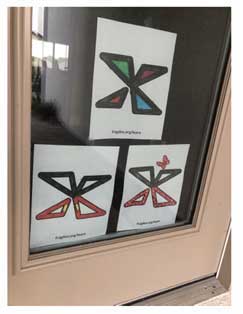
Find your happy place at home!
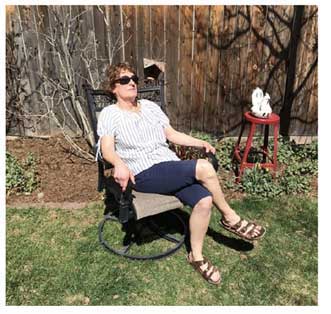
We recognize that there is a lot of information (and misinformation) about COVID-19 out there, and that this virus has impacted families in many, many ways.
While we know we cannot address everything going on in your life, we hope that this information makes today a bit better.